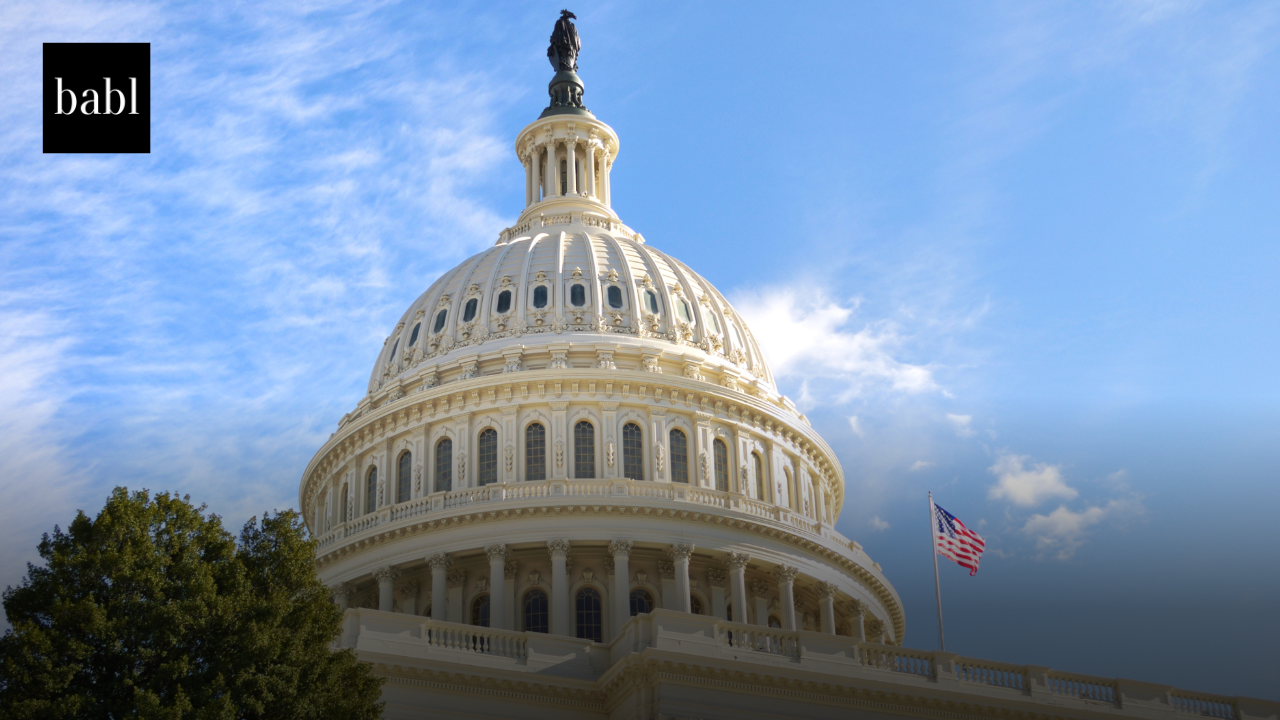UPDATE — AUGUST 2025: The Department of Energy AI Act, first introduced in July 2024 by Senators Joe Manchin and Lisa Murkowski, continues to move through the legislative process with bipartisan momentum. As of mid-2025, the bill has been reported to the Senate with amendments but retains its core measures.
The Act authorizes the FASST initiative, directs AI risk evaluation programs, and creates AI R&D centers at National Labs. It also requires that at least 10% of authorized funding go to workforce development. DOE programs like PermitAI are already advancing related goals, and new committee discussions are focusing on how to strengthen public-private collaboration within AI research clusters. These clusters aim to speed deployment in areas such as energy security, permitting efficiency, and STEM education.
ORIGINAL NEWS STORY:
U.S. Senators Introduce Bipartisan Bill to Advance AI Research and Innovation at the Department of Energy
In a significant move to bolster the United States’ leadership in artificial intelligence (AI), Senators Joe Manchin of West Virginia and Lisa Murkowski of Alaska have introduced the bipartisan Department of Energy AI Act. This legislation aims to harness the extensive capabilities of the Department of Energy (DOE) and its network of National Laboratories to advance AI research and applications in science, security, and technology. The introduction of this bill underscores the urgent need for the U.S. to keep pace with global advancements in AI and ensure national security and economic competitiveness.
Senator Manchin, Chairman of the U.S. Senate Energy and Natural Resources Committee, emphasized the critical nature of this initiative. “As AI technology takes the world by storm, the United States needs to meet the moment quickly and effectively before our adversaries do,” said Manchin. He highlighted the DOE’s readiness to leverage its world-class laboratory test facilities, scientific workforce, and advanced computing resources to strengthen the nation’s AI capabilities. Manchin noted that utilizing existing infrastructure would safeguard taxpayer dollars and expedite progress. Senator Murkowski echoed these sentiments, pointing out the potential of AI to address enormous challenges in science and technology, particularly in energy and critical mineral projects.
DOE’s Legacy and Capabilities
The DOE oversees 17 National Laboratories and 35 user facilities, employing more than 70,000 scientists, engineers, and researchers. Its history stretches back to the Manhattan Project, and over the past decade, the DOE has developed thousands of AI applications. These include tools for medical imaging, genomics, electric grid management, and nuclear security. This background makes the DOE well-positioned to take the lead in advancing the nation’s AI strategy.
Key Provisions of the Bill
The DOE AI Act lays out several core measures:
-
FASST Initiative: Creates AI research clusters using DOE infrastructure.
-
AI Risk Evaluation: Establishes a program to identify risks and implement counter-adversarial solutions.
-
STEM Education and Workforce: Directs at least 10% of funding to workforce development, degree programs, and diversity initiatives.
-
AI R&D Centers: Launches new centers at National Labs where academia, industry, and government can collaborate.
-
PermitAI Program: Improves permitting efficiency for energy projects through AI-powered environmental reviews.
Building a Skilled Workforce
One of the Act’s central goals is to expand the AI workforce. By dedicating funding to education and training, the legislation ensures opportunities for underrepresented groups. It also supports the creation of new degree and certificate programs in AI disciplines at universities and community colleges.
Supporting Energy and Security Goals
The bill also directs the DOE to use AI in streamlining the federal permitting process. AI tools will accelerate environmental documentation and improve review efficiency. At the same time, DOE risk evaluation programs will help protect critical infrastructure, energy systems, and nuclear nonproliferation efforts.
Need Help?
For those curious about how this bill and other global regulations could impact their company, reaching out to BABL AI is recommended. One of their audit experts will gladly provide assistance.





